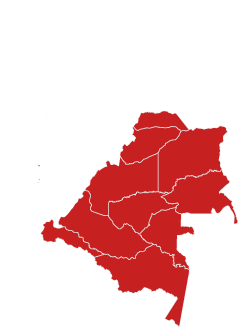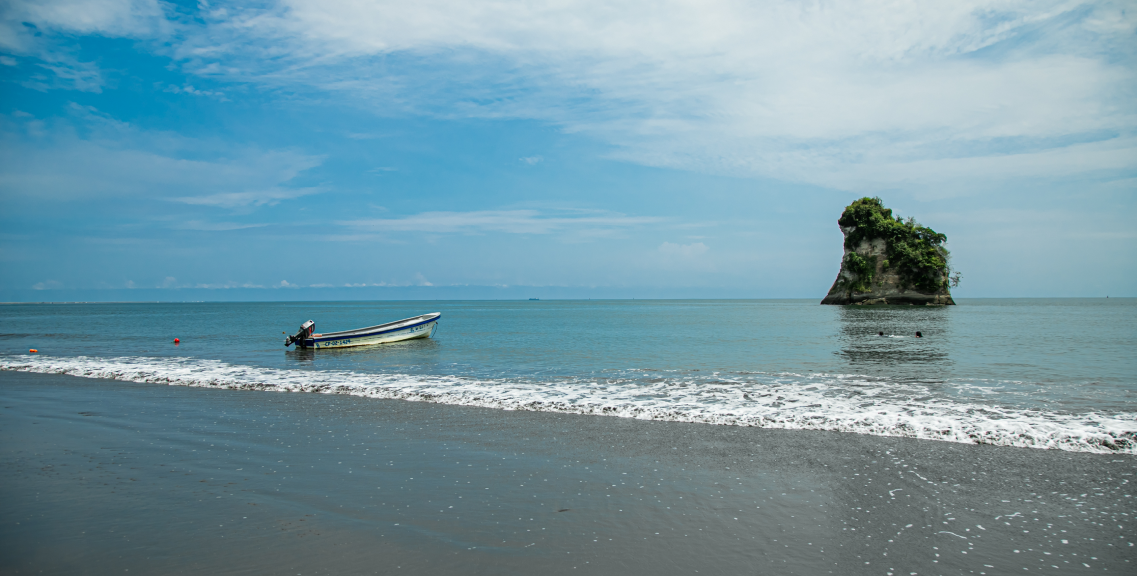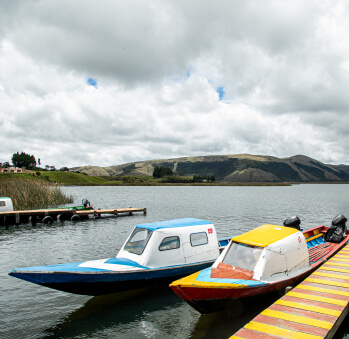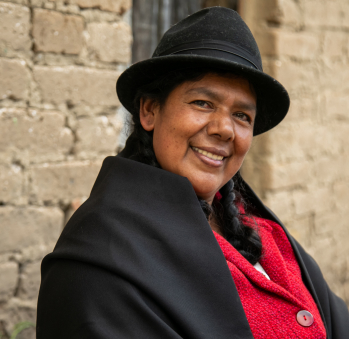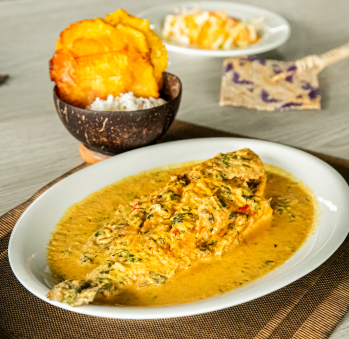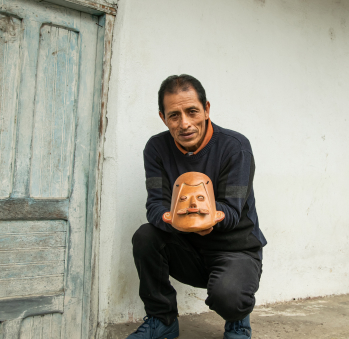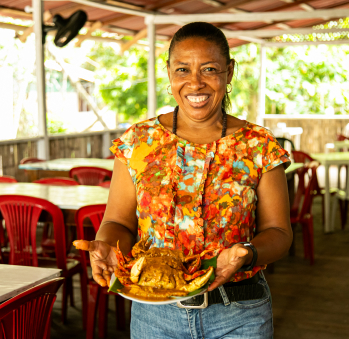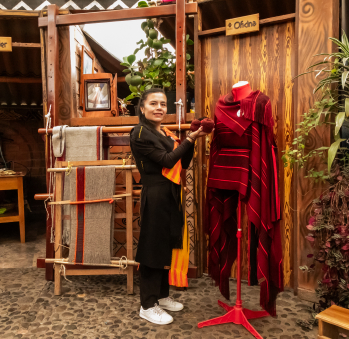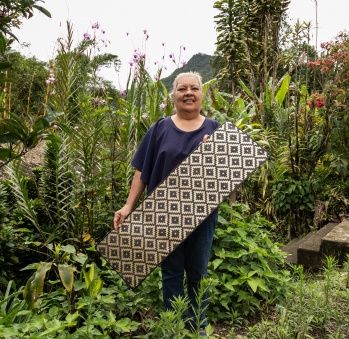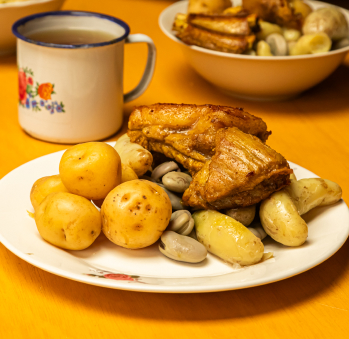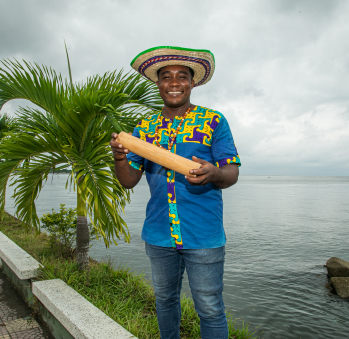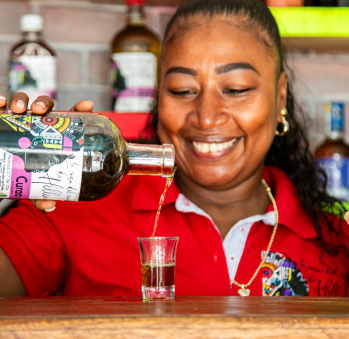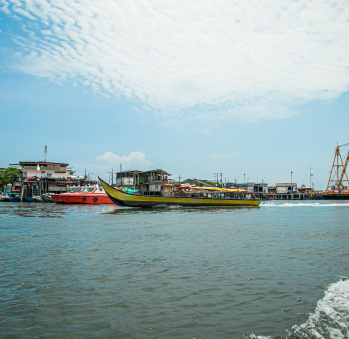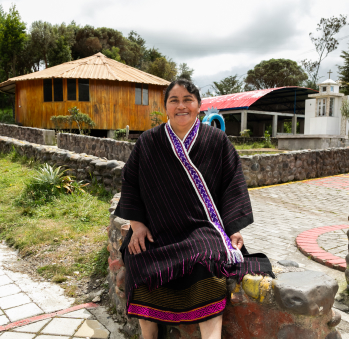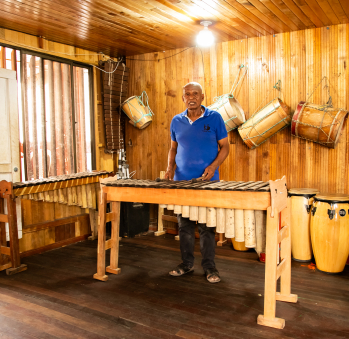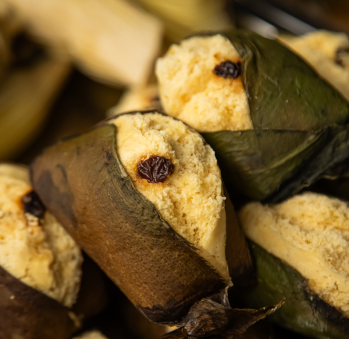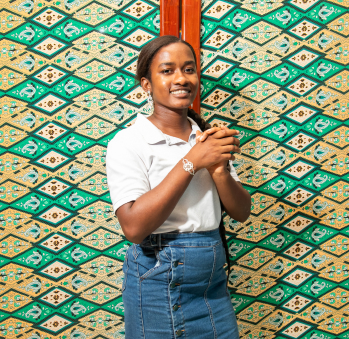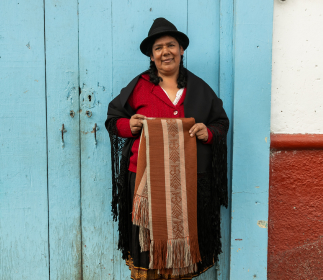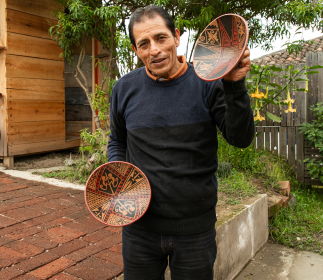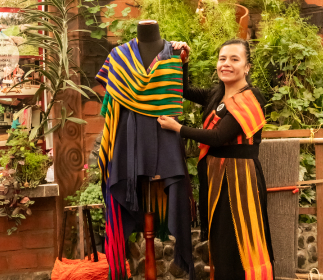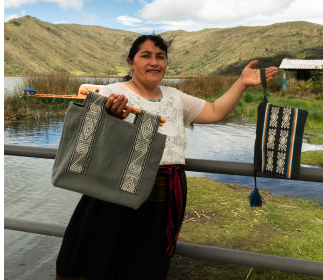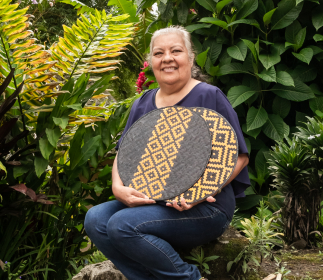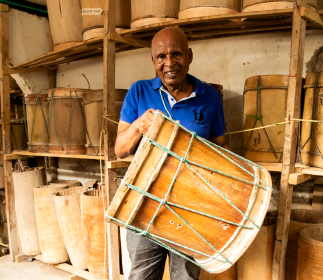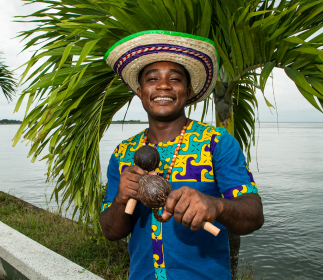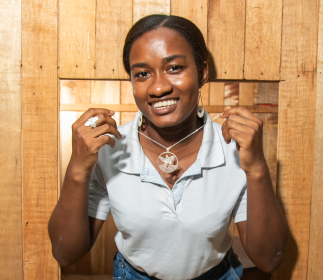Ipiales - Tumaco Route
Back to main routeThis route takes you from the cold mountains and volcanoes to the sea, passing through dense fog forests teeming with biodiversity. Among the mountains, besides learning about traditional pottery of the Pastos and Quillacingas with Miguel Ángel de la Cruz, you’ll encounter the guanga weaving circuit. This includes meeting three exceptional women: Claudia Marleny Ramírez, Flor Imbacuán, and Blanca Tarapués, who transform their surroundings by bringing the weavers together. Further on, meet Amparo Oliva and her tetera straw weavings amidst the breathtaking fog forest before descending to the South Pacific coast. By the time you reach sea level, you’ll have experienced the vastness and diversity of Nariño’s landscapes. End your journey in the company of Agustín Francisco Tenorio, David Quiñonez, and Deisy Ortiz. The first two are musicians and luthiers, while the latter, the youngest artisan on this route, specializes in filigree jewelry.
Embark on a journey full of history
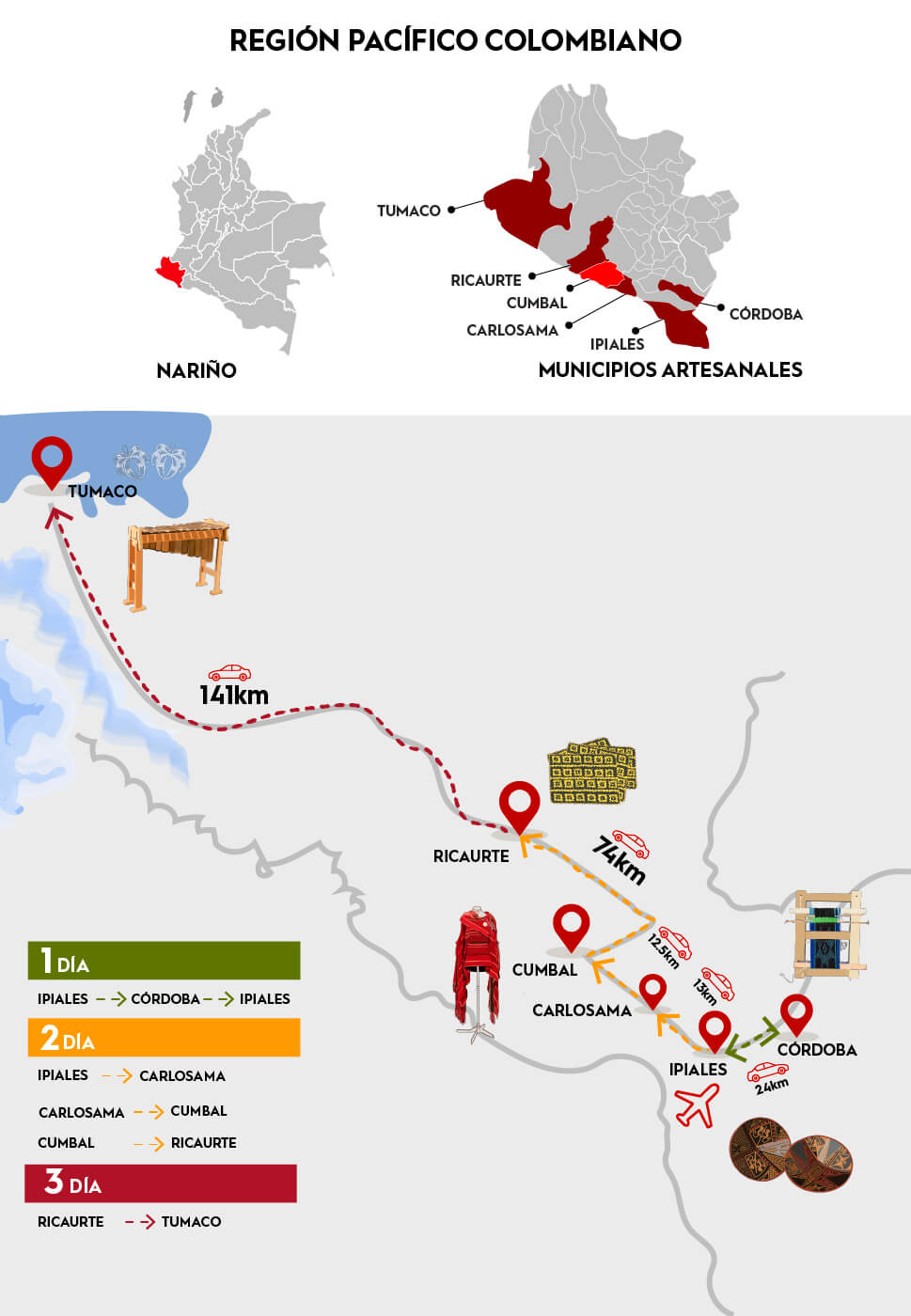
Artisans along the way
Artisans along the way
We recommended this tour
Schedule the visit in advance with the artisans.
Carry cash.
3 days
Car or Bus
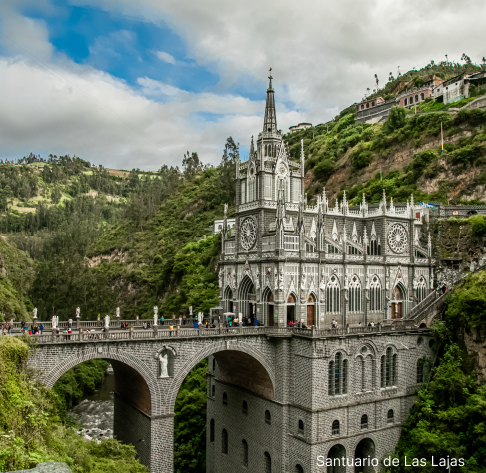
IPIALES — CÓRDOBA — IPIALES
Begin your journey by landing at San Luis de Ipiales Airport. Drop your luggage in town before heading to Córdoba, just 40 minutes away, your first artisanal destination. En route, stop at Chilcos neighborhood for a taste of mashed potato tortilla or lapingachos. In Córdoba, meet Claudia Marleny Ramírez, a weaver from the Males reserve specializing in guanga, the loom you’ll learn more about at the end of this route through her and other weavers’ stories. On your return to Ipiales, take the road to Las Lajas to visit the must-see Sanctuary of Our Lady of the Rosary before meeting Miguel Ángel de la Cruz, a pottery artisan replicating archaeological pieces of the Pastos and Quillacingas.
Back in Ipiales, before resting, indulge in traditional 20 de Julio ice cream and visit the Cathedral of San Pedro and San Felipe Park.
IPIALES — CARLOSAMA — CUMBAL — RICAURTE
Prepare for a long and enriching day, and head in the early morning to Carlosama, just half an hour from Ipiales. Begin at Flor Imbacuan’s workshop, where guangas and threads intertwine to create Hajsu, a brand built with love and dedication by this admirable artisan, nominated for the Cafam Woman 2024 Award.
Next, head to Cumbal, another half-hour from Carlosama, near the beautiful La Bolsa Lagoon, to meet Blanca Tarapués, our final guanga weaver on this route. Inspired by the snowy peak of Cumbal and symbols carved into the stone at Los Machines, Blanca has lived her life around her craft and tradition.
Before sunset, travel two hours to Ricaurte, known for Chapil, the local distilled drink. Arrange lodging with the La Planada Natural Reserve community in their natural orchidarium that’s home to andean bears, mountain toucans, and andean cocks-of-the-rock. Spend your time birdwatching at dawn or searching for amphibians during the night.
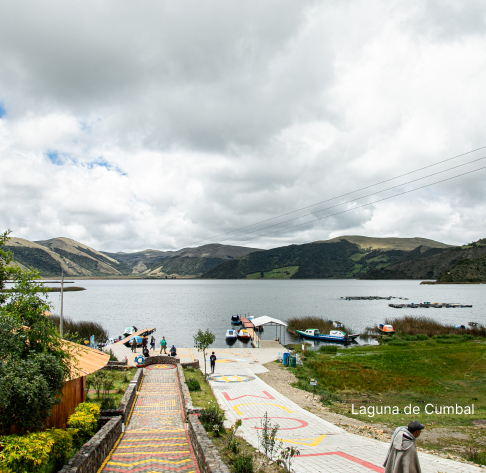
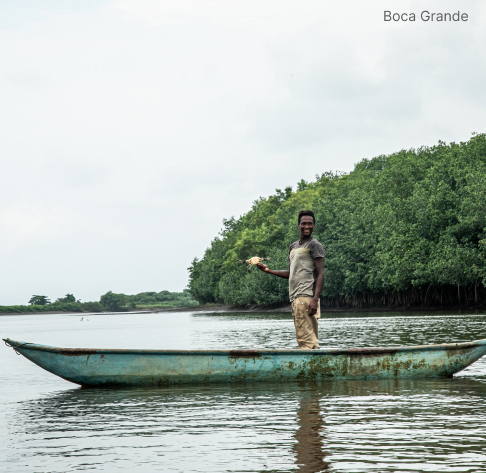
RICAURTE — TUMACO
On the third day, meet Amparo Oliva, an eloquent and engaging tetera straw artisan from Ricaurte, before heading to Tumaco, your final destination two and a half hours away.
Along the Pacific coast, you might extend your stay to visit beaches like El Morro, Bocagrande, and Puerta del Sol and savor local dishes such as encocado, ceviche, and piangua, with a chance to witness the piangua harvest alongside the Women’s Association María del Mar in Bocagrande. Luckily, you can depart from La Florida Airport whenever you’re ready. Before deciding whether to linger, visit the artisans we recommend in Tumaco. Begin with Agustín Francisco Tenorio at his TUMA Foundation, a hub for lutherie and traditional music and dance from the southern Pacific. Next, meet David Quiñonez, a marimba luthier and musician whose infectious joy will leave a lasting impression. Lastly, Deisy Ortiz, a young filigree jeweler committed to this delicate and traditional craft, offers a golden finale to your journey.
Keep in mind that July through October is whale-watching season, while February offers a chance to witness turtle releases. Birdwatching is available year-round.
Recommended sites
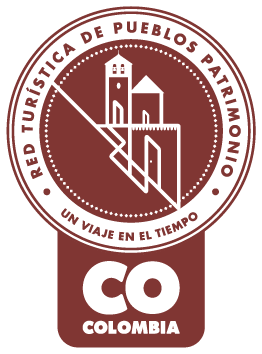
Pueblo Patrimonio
La Red Turística de Pueblos Patrimonio de Colombia es un programa especial del Ministerio de Comercio, Industria y Turismo, ejecutado por FONTUR, que trabaja con 17 municipios de Colombia que poseen declaratoria de Bien de Interés Cultural (BIC) a nivel nacional para su valoración y proyección mediante el turismo, generando así más oportunidades de desarrollo y sostenibilidad en las comunidades.
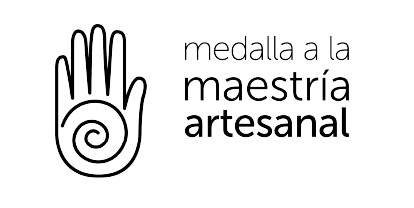
La Medalla a la Maestría Artesanal es un galardón que Artesanías de Colombia entrega anualmente, con el cual se hace un reconocimiento a aquellos artesanos, empresas y comunidades artesanales que, contando con una trayectoria destacada, sobresalen a nivel nacional por su excelencia en el oficio así como por preservar el quehacer artesanal.

Denominación de Origen
Es un signo distintivo que identifica productos reconocidos o famosos por tener una calidad o características específicas derivadas esencialmente del lugar de origen y la forma tradicional de extracción, elaboración y producción por parte de sus habitantes. La protección conferida sobre una Denominación de Origen implica que ninguna persona puede identificar con la denominación protegida productos iguales o similares a los amparados, cuando no provengan del verdadero lugar y no cumplan con las características o calidades que le han dado la reputación al producto reconocido. Las Denominaciones de Origen para productos artesanales colombianos que han sido protegidas por la Superintendencia de Industria y Comercio en nuestro país son actualmente 12.
No puede copiar contenido de esta página

